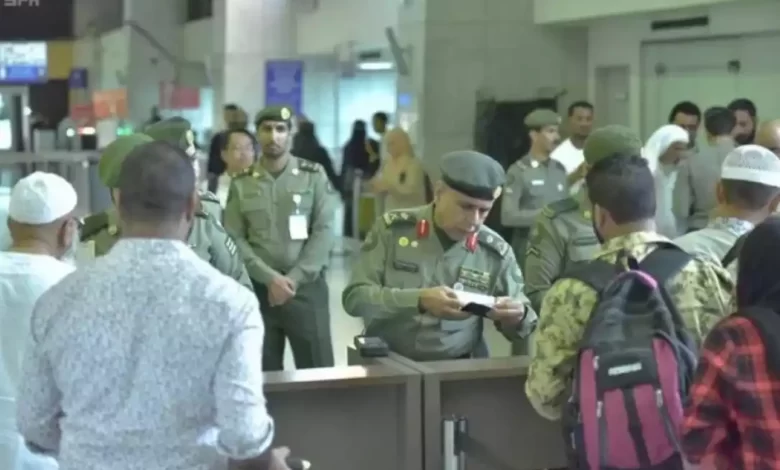60-day Grace Period | Exit Permits, Iqama Renewal and Penalties in Saudi Arabia

Introduction
The Saudi Passport and Immigration Department has implemented a ‘Permits’ law, which includes a 60-day grace period for workers to avail the final exit visa after the non-exit visa has been issued.
This law also includes penalties for not availing the exit visa within the stipulated period.
60-day Grace Period for Exit Visa
Workers who have been issued a non-exit visa have a 60-day grace period to avail the final exit visa. During this period, it is mandatory for the worker to travel or face penalties.
If the worker does not travel within the stipulated 60 days, they will be required to pay a fine of 1000 Riyals.
Renewing a Driving License in the UAE: A Step-by-Step Guide for Expatriates
Additionally, if the worker does not intend to travel after the exit permit has been issued, they must cancel the exit permit before the expiry of 60 days. There is no fee for cancelling the exit visa.
Iqama Renewal and Penalties
In case the worker does not renew their Iqama within the stipulated 60 days and the period expires, they will have to pay a fine.
The Iqama renewal fee will be calculated from the time when the Iqama expired. The fine for the first-time delay in renewing the Iqama is 500 Riyals, while the fine for the second-time delay is 1000 Riyals.
After all fines and Iqama fees have been paid, the exit visa is finalized.
Non-Exit Visa and Iqama Expiration
For a non-exit visa, it is mandatory to have a valid Iqama, even if it is only a few days away from its expiration.
After the issuance of the non-exit visa, the Iqama holder has 60 days to travel or obtain a non-exit visa. In case of Iqama expiration, a non-exit visa is not issued.
Cancelling Iqama and Blocking in Permit System

If the Iqama is not cancelled before the expiry of the prescribed 60 days, the Iqama cannot be renewed until the fine is paid.
The Iqama is also blocked in the permit system, which is not opened until the fine and remaining Iqama fees are paid.
This means that the worker will not be able to renew their Iqama or travel until the fine and remaining fees are paid, and the Iqama is unblocked from the permit system.
National Payments Corporation of India (NPCI) Introduces UPI for NRIs
Four years ago, Exit.
In the case of the person who inquired on Jawazat’s Twitter, who said that ‘the sponsor had installed an exit four years ago, but I could not go, is it possible to install an exit again?’, Jawazat clarified that after the exit, the foreign Iqama holder has 60 days’ time, during which it is necessary to travel.
If the worker did not travel within the stipulated 60 days and the period expired, then they would have to pay a fine of 1000 Riyals.
Conclusion
The Saudi Passport and Immigration Department’s ‘Permits’ law includes a 60-day grace period for workers to avail the final exit visa after the non-exit visa has been issued.
Penalties are imposed for not availing the exit visa within the stipulated period. It is mandatory for the worker to renew their Iqama within the stipulated 60 days or face fines. A non-exit visa is not issued in case of Iqama expiration.
The worker must also cancel their Iqama before the expiry of 60 days or face fines and the Iqama being blocked in the permit system.
It is important for workers to be aware of these regulations and to take necessary action within the stipulated time frame to avoid penalties and inconvenience.



